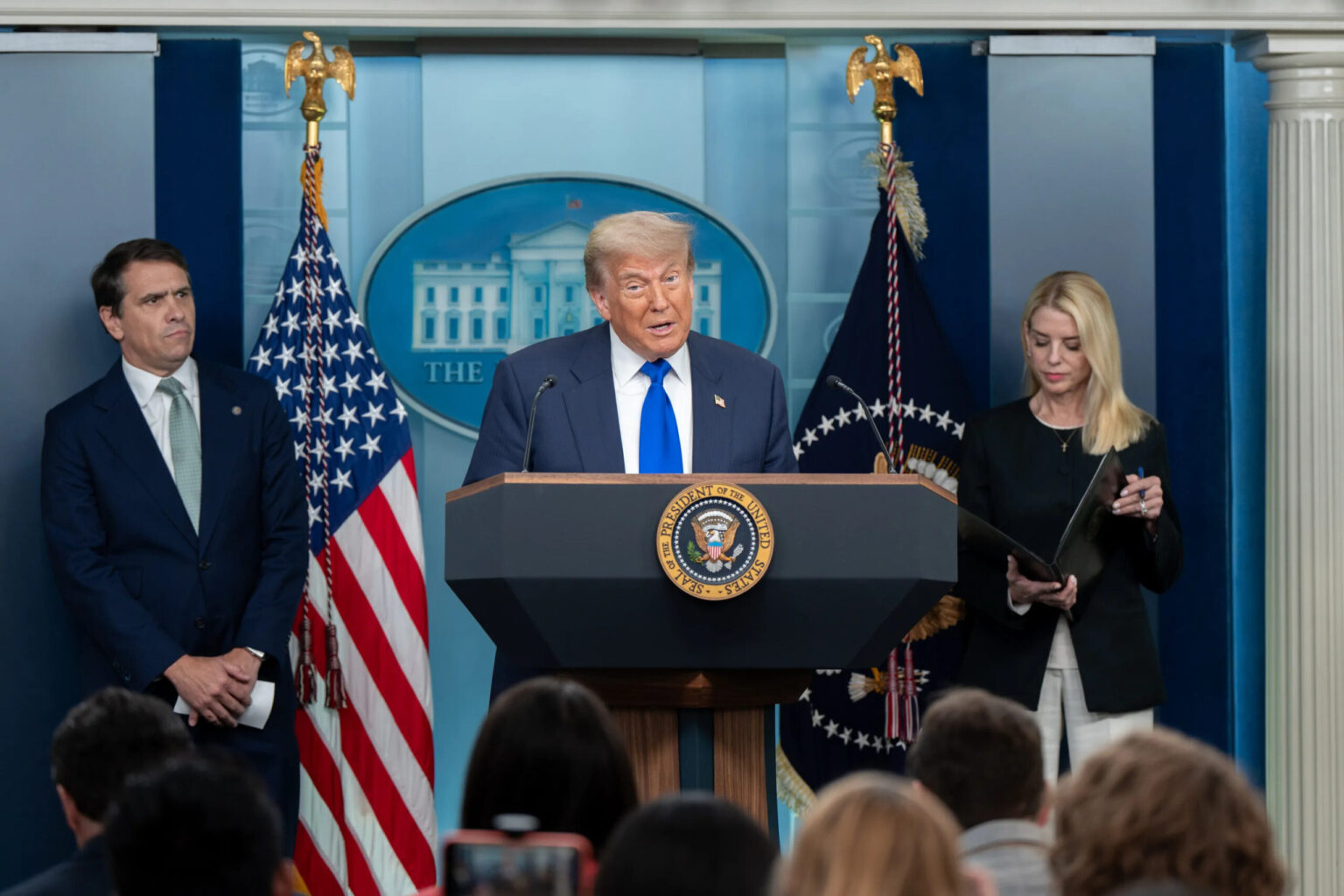A Chinese national who smuggled undeclared biological materials into the United States for research at a Michigan laboratory has been sentenced, raising questions about security protocols and foreign access to American scientific institutions.
Chengxuan Han, a citizen of the People’s Republic of China, received a sentence of time served—just three months in detention—after pleading guilty to three counts of smuggling and to making false statements to federal officers.
WATCH: Armed Illegal Alien Freed FIVE Times Under Biden ARRESTED Outside Houston ICE Office
The case was announced by U.S. Attorney Jerome F. Gorgon, Jr., along with officials from the FBI, Customs and Border Protection, and Homeland Security Investigations.
According to court documents, Han was pursuing a Ph.D. at Huazhong University of Science and Technology in Wuhan, the same Chinese city that gained worldwide notoriety during the COVID-19 outbreak.
In 2024 and 2025, she shipped multiple packages to associates at a University of Michigan laboratory.
The packages concealed biological materials tied to her research, including specimens involving roundworms. None of the shipments were declared correctly.
On June 8, 2025, Han entered the United States on a J-1 visa through Detroit Metropolitan Airport.
Customs officers flagged her for inspection.
During questioning, Han denied knowledge of the packages she had shipped. Officials later determined that she had deliberately deleted information from her electronic devices just three days before she arrived in the United States.
After further questioning by the FBI and Homeland Security, Han admitted both to the shipments and to lying during her inspection.
U.S. Attorney Gorgon condemned Han’s conduct, emphasizing that America’s universities are privileges, not platforms for abuse.
“Aliens should not be abusing our hospitality by smuggling unknown biomaterials into America and then lying about it,” he said.
Federal agents stressed the seriousness of the threat. Reuben Coleman, Acting Special Agent in Charge of the FBI Detroit Field Office, called the prosecution “a small but important step” in safeguarding national security.
CBP Director Marty C. Raybon noted that while Han avoided a harsher sentence, she will be deported and permanently barred from reentry to the United States.
The case demonstrates the growing challenge of protecting U.S. research facilities from exploitation.
Biological materials, even those that seem minor, can pose unknown risks when smuggled into the country without proper oversight.
Officials made clear that interagency coordination between the FBI, CBP, and ICE HSI was critical in uncovering Han’s scheme and ensuring her removal.
Han’s light sentence highlights a broader debate: whether America is adequately deterring foreign nationals who circumvent safeguards in sensitive fields.
While she will be deported, the short time served may not reflect the gravity of smuggling biological materials into the United States under pretenses.
Read the full article here


